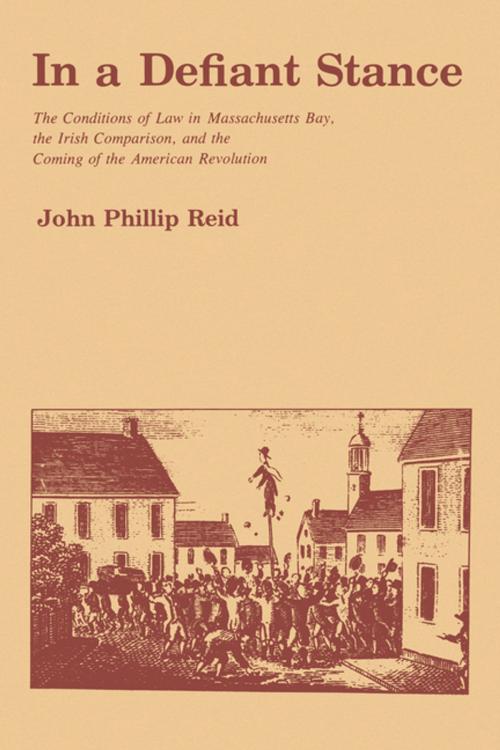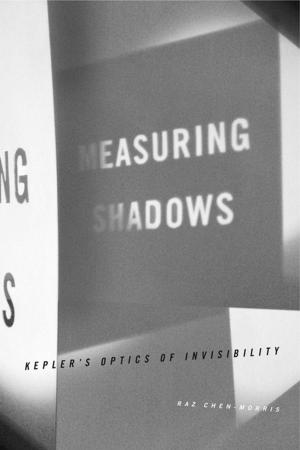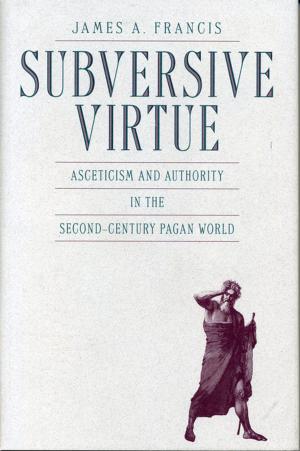In a Defiant Stance
The Conditions of Law in Massachusetts Bay, the Irish Comparison, and the Coming of the American Revolution
Nonfiction, History, Ireland, British, Americas, United States| Author: | John P. Reid | ISBN: | 9780271075235 |
| Publisher: | Penn State University Press | Publication: | October 22, 1990 |
| Imprint: | Penn State University Press | Language: | English |
| Author: | John P. Reid |
| ISBN: | 9780271075235 |
| Publisher: | Penn State University Press |
| Publication: | October 22, 1990 |
| Imprint: | Penn State University Press |
| Language: | English |
The minimum of violence accompanying the success of the American Revolution resulted in large part, argues this book, from the conditions of law the British allowed in the American colonies. By contrast, Ireland's struggle for independence was prolonged, bloody, and bitter largely because of the repressive conditions of law imposed by Britain.
Examining the most rebellious American colony, Massachusetts Bay, Professor Reid finds that law was locally controlled while imperial law was almost nonexistent as an influence on the daily lives of individuals. In Ireland the same English common law, because of imperial control of legal machinery, produced an opposite result. The Irish were forced to resort to secret, underground violence.
The author examines various Massachusetts Bay institutions to show the consequences of whig party control, in contrast to the situation in 18th-century Ireland. A general conclusion is that law, the conditions of positive law, and the matter of who controls the law may have more significant effects on the course of events than is generally assumed.
The minimum of violence accompanying the success of the American Revolution resulted in large part, argues this book, from the conditions of law the British allowed in the American colonies. By contrast, Ireland's struggle for independence was prolonged, bloody, and bitter largely because of the repressive conditions of law imposed by Britain.
Examining the most rebellious American colony, Massachusetts Bay, Professor Reid finds that law was locally controlled while imperial law was almost nonexistent as an influence on the daily lives of individuals. In Ireland the same English common law, because of imperial control of legal machinery, produced an opposite result. The Irish were forced to resort to secret, underground violence.
The author examines various Massachusetts Bay institutions to show the consequences of whig party control, in contrast to the situation in 18th-century Ireland. A general conclusion is that law, the conditions of positive law, and the matter of who controls the law may have more significant effects on the course of events than is generally assumed.















